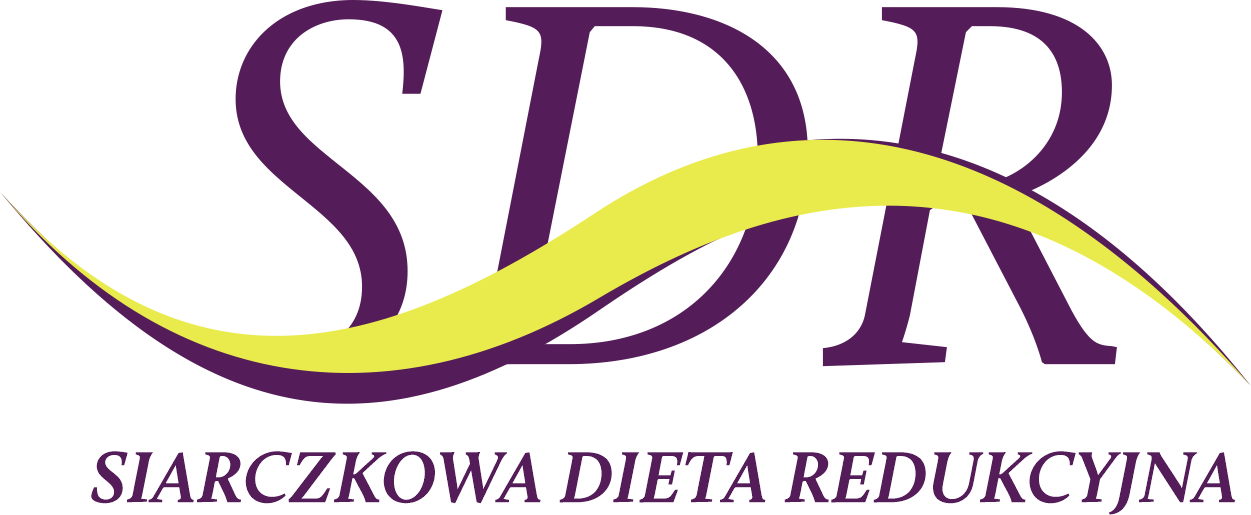
Rheumatoid arthritis (RA)
Rheumatoid arthritis (RA)
Rheumatoid arthritis (RA) is a chronic autoimmune disease in which the body's immune system attacks its own tissues, mainly the synovial membrane of the joints. This leads to inflammation, pain, swelling and stiffness of the joints. RA most often affects the small joints of the hands and feet, but can also affect larger joints such as the knees, hips and shoulders. The disease is symmetrical, meaning that it usually affects the same joints on both sides of the body.
RA is a systemic disease, meaning that in addition to the joints, it can also affect other organs and systems in the body. It can cause fatigue, weight loss, fever and, in some cases, lead to complications in the lungs, heart or blood vessels. The course of the disease is variable - periods of exacerbations alternate with periods of remission. Without proper treatment, RA can lead to permanent joint damage, deformity and disability.
Prevention of rheumatoid arthritis (RA)
- Regular physical activity adapted to the patient's abilities.
- Maintaining a healthy body weight.
- A healthy, balanced diet rich in antioxidants and omega-3 fatty acids.
- Avoiding smoking.
- Limiting alcohol consumption.
- Maintaining good oral hygiene (there is a link between periodontal disease and RA).
- Regular check-ups, especially for those at risk.
- Stress reduction techniques (meditation, yoga, breathing techniques).
- Avoiding excessive strain on joints.
- Vitamin D supplementation (after consulting a doctor).
Treatment of rheumatoid arthritis (RA)
RA treatment is based on a comprehensive approach, the aim of which is to relieve symptoms, slow the progression of the disease and prevent joint damage. The basis of therapy is disease-modifying antirheumatic drugs (DMARDs), such as methotrexate, leflunomide or sulfasalazine. These drugs inhibit the inflammatory process and slow the progression of the disease. In cases where classic DMARDs are ineffective, biologic DMARDs are used, which are more targeted to specific immunological mechanisms responsible for the disease.
In addition to disease-modifying drugs, anti-inflammatory and analgesic drugs, such as nonsteroidal anti-inflammatory drugs (NSAIDs) and corticosteroids, are also used in RA therapy. The latter are particularly effective in quickly relieving symptoms, but due to potential side effects, they are usually used short-term or in low doses. Physiotherapy is also an important part of treatment, helping to maintain joint mobility and prevent stiffness.
Patient education and lifestyle modification also play an important role in RA treatment. Patients are encouraged to exercise regularly, maintain a healthy body weight, and use joint-sparing techniques.
In some cases, orthopedic devices such as orthoses or special footwear may be necessary. In advanced stages of the disease, when significant joint deformation occurs, surgical treatment may be necessary, including endoprosthetics (joint replacement). The goal of RA treatment is to achieve disease remission or at least low disease activity, which allows patients to maintain a good quality of life.
At the Hotel, we provide lymphatic massage, which stimulates lymph flow, which can help reduce joint swelling.



